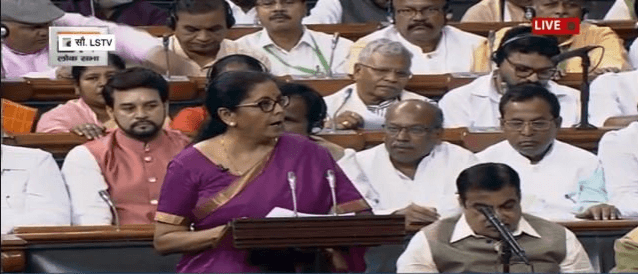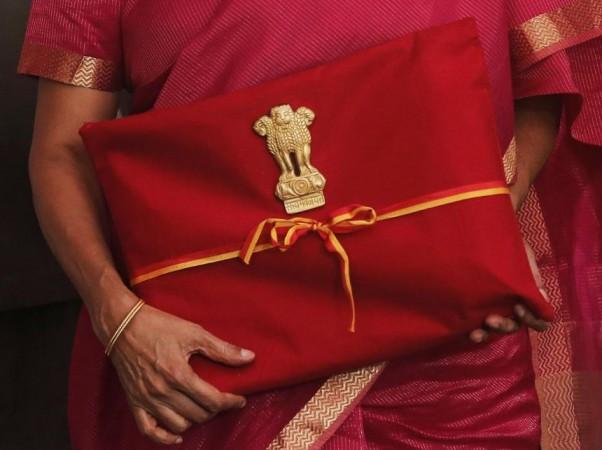
Nothing better represents cliched social classification, profiling at a glance, and naked condescension as the daft TV coverage, discussions and debates, mostly experts, with crowd-sourced opinions spicing them at the end like in the pre- and post-Budget media mania.
The budget coverage, not too different from precursors to cricket tournaments, movie releases, and other mega-public interest events, has evolved into a perfect format where everyone in society is represented, unequally, with a voice proportionate to their social standing.
In the studio, economists get over 40 per cent of the time and asked for their expert opinions, and they reply with lots of numbers, often hinting first name basis familiarity with the Finance Minister. From them you will hear terms like - sluggish growth, investments roadmap, fiscal deficit, boost to manufacturing, agriculture and service sectors, balancing spend with bold reforms and prudent disinvestment, China, global economy, blah, blah, blah. They come dressed with semi-formal casualness. They never ask anything for themselves... they have already figured it out.
Then come the corporate types who get another 20 per cent. Industry body chiefs. Business honchos. Big Bankers. Mutual fund heads. FIIs. London and Hong Kong-based biggies. They showcase first name basis familiarity with the intellectual and economist but respectfully mention the FM. They give less strategic and more tactical analysis. They state their expectations. Expect FM to cut corporate taxes, help banking recover and put lending back on track on a priority basis, deliver stronger disinvestment targets, blah, blah, blah.
Then the vertical heads - 10 per cent coverage. Each speaking for real estate, cars, pharma, software, telecom, etc. They state one demand... often long overdue. They are often positive.
Then class representatives. 10 per cent coverage but too many have to share from this pie. Like in life. Like in the economy itself. Young people. MBA Students. Techies. Working Women. Often huddled in groups while one or two are asked pointedly - should income tax be deductions be increased, should petrol prices be reduced, should FM focus on job creation. The reporter on the street then hands it back to anchor saying, that is what Bengaluru, or Hyderabad, or Corporates, or Young Indians expect from the budget.

Then AAM AADMI. English anchors ask questions in Hindi. At petrol bunks. Small retail stores. Railways platforms. 5 per cent coverage time. "Bhaiya... aap hume batiye ki aap to kya lagta hain..." Housewives. Labour. Poor. Lower Middle Class. "Reduce prices, give us something, anything... save us" cries are heard here. They crib. They don't wear good dresses. They are delighted to be on TV. They will lose.
Then the anchor cuts back to the economist. 15 per cent more. Like in life. Like in economy.

















